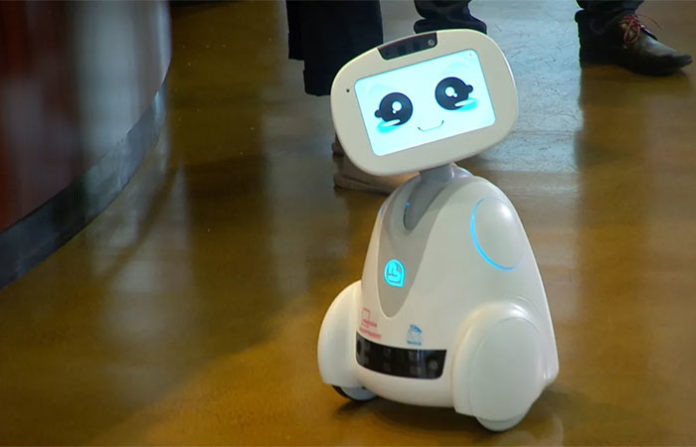Students pitch transformative ideas in generative AI at MIT Ignite competition
This semester, students and postdocs across MIT were invited to submit ideas for the first-ever MIT Ignite: Generative AI Entrepreneurship Competition. Over 100 teams submitted proposals for startups that utilize generative artificial intelligence technologies to develop solutions across a diverse …







